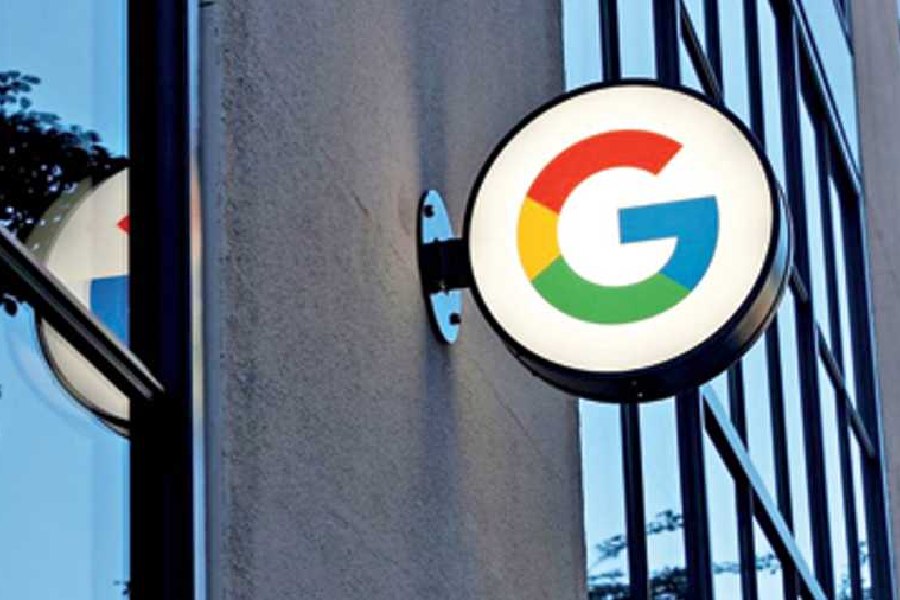Google on Wednesday was charged with violating European Union antitrust laws by using its dominance in online advertising to undercut rivals, the latest in a string of cases around the world that strike at the core of the Internet giant’s business model.
The case was brought by the European Commission, the executive branch of the 27-nation European Union, and marks the fourth time Google has been charged with violating European antitrust laws in recent years.
In this instance, the EU accused Google of abusing its control of the market for buying and selling online advertising.
The EU announcement follows similar charges brought against Google in January by the US Justice Department, which accused the company of illegally abusing a monopoly over the technology that powers online advertising. Britain’s antitrust authority has also been investigating Google’s advertising practices.
The outcomes of the cases could have significant implications for Google’s parent company, Alphabet, which reaped most of its $60 billion in profit last year from advertising.
Advertising underpins nearly all of Google’s most popular services, including search, email, maps and Android, and allows the company to offer them for free.
“Google is present at almost all levels of the so-called adtech supply chain,” Margrethe Vestager, the executive vice- president of the European Commission who oversees digital and competition policy, said in a statement.
“Our preliminary concern is that Google may have used its market position to favor its own intermediation services.”
“Not only did this possibly harm Google’s competitors but also publishers’ interests, while also increasing advertisers’ costs,” she added.
The new charges against Google are part of a long-running effort by the European authorities to clamp down on the world’s largest technology companies. Apple and Meta, which owns Facebook and Instagram, are also the subjects of antitrust investigations.
Last year, the EU passed new antitrust and digital services laws to tighten oversight of the biggest tech companies. And on Wednesday, the European Parliament, a legislative branch of the EU, passed a draft law regulating artificial intelligence.
Google said it disagreed with the regulators’ finding and would “respond accordingly.”
“Our advertising technology tools help websites and apps fund their content, and enable businesses of all sizes to effectively reach new customers,” said Dan Taylor, Google’s vice-president of global ads.
New York Times News Service










